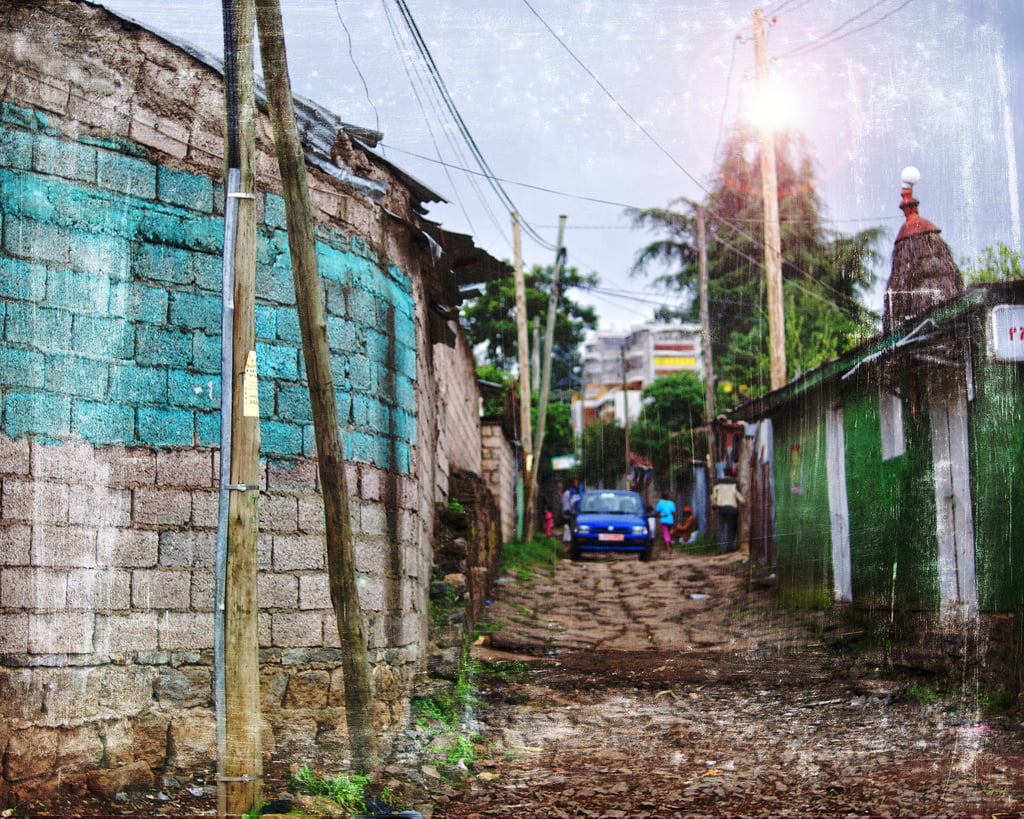The giant structures line most of our major roads and have become an integral part of the urban landscape. Yet to most Westerners, streetlights are so common they hardly get noticed by anyone.
That is not the reality for most third world countries. Many African countries, for example, have a complete lack of street lighting on major streets, making it extremely dangerous to drive in anything but clear and sunny conditions.
That is why Globe Light and Water Systems (GLW,) an Israeli company, has developed a new standalone light fixture that relies solely on solar energy, rather than on the government-run power plants, which often lose power.
The lighting units, called Orion, do not require any external connection to an electrical source, but rather incorporate all necessary components required to create light energy: sunlight, batteries, and LED lamps.
“Unlike current street lighting which maintains the same level of light emission, our [light fixture’s] dimming capability serves as additional power saving,” said Zeev Jakoby, GLW’s Managing Director.
As the sun’s rays hit the Orion’s photovoltaic panels, it charges the internal battery system, producing enough power to automatically turn on the lamps even after sunset. While the system illuminates at 100 percent at evening time, it is reduced to 60 percent at night time and increased again at dawn.
In areas lacking sunlight, GLW created “panel umbrellas” which consist of horizontal panels that are able to absorb the Sun’s energy from different angles and directions.
According to GLW, even if there were enough street lamps, the power stations generating their energy in many countries cannot be relied on.
In Nigeria, for example, there are nine electricity generating stations, all owned by the government’s Power Holding Company of Nigeria (PHCN,) or otherwise known to many locals as “Please Have Candle Nearby.”
Sign up for our free weekly newsletter
SubscribeOn the Island of Zanzibar, part of Tanzania, power supply was cut off for close to six months in 2010, leaving locals no other choice but to rely on generators, which are expensive and significantly increase pollution.
And according to a New York Times report, homes and businesses of African nations like Zambia and Angola lost power two or three times a week in 2007.
According to Jakoby, one solution is to replace current wasteful HPS (High Pressure Sodium) bulbs for LED (Light-Emitting Diode) lamps. “While a regular bulb loses 90-90 percent of its energy on heat, LED bulbs only lose 80 percent,” he said.
GLW started developing its technology two years ago and is already developing lighting systems for Nigeria, Ethiopia and Colombia.
According to them, the advantages of their lighting system include low operating and maintenance costs. “The battery located within the Orion lasts up to five years and the system requires lamp replacement every twelve years, which includes a simple physical installation,” Jakoby said.
“We believe that we contribute to a better world by giving countries a technology that enables access to such a basic service as light for everybody,” he added.
Photo by Irene2005 and Globe Light & Water Systems Inc.
Related posts

Resilient And Nutritious New Plant-Based Milk Aims To Make A Splash

Chocolate From Cultivated Cocoa Comes Without Environmental Toll

Plastic Fantastic: Startup Takes PVC Back To Its Crude Oil Roots





Facebook comments